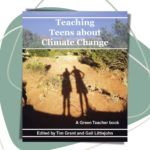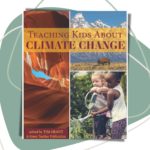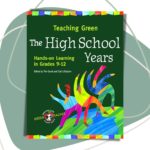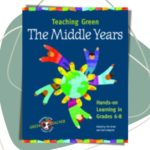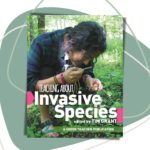Sun Block
In this active game, students emulate the transfer of food energy in a lake habitat in order to compare a healthy habitat and one disrupted by an invasive plant species.
Adapted with permission from "Making Waves! Protecting Ontario's Aquatic Habitats from Invading Species"
















